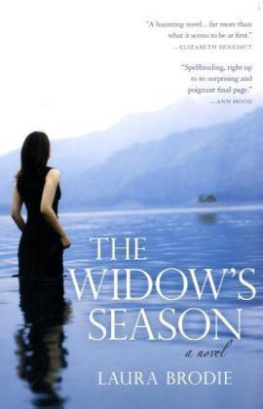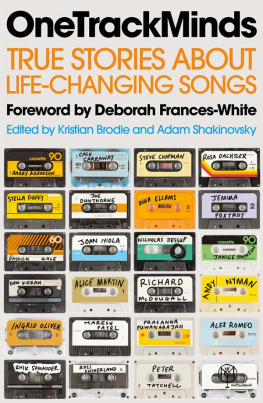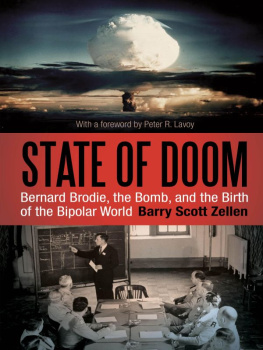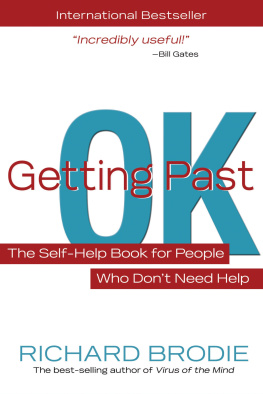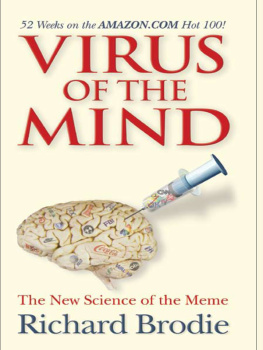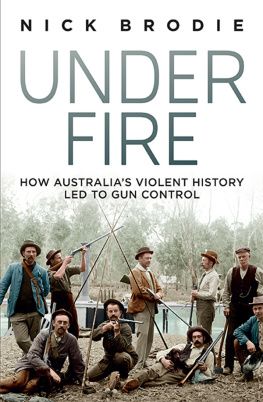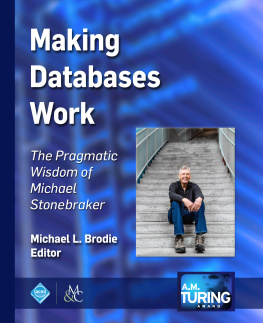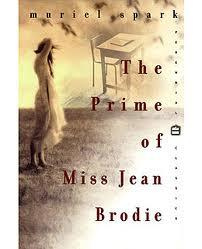Acknowledgments
The idea for this novel grew from a favorite chapter in my dissertation on widows in English literature, and so first thanks go to the director of that project, Patricia Meyer Spacks. From there, many readers helped to shape the story. The inaugural members of the Southern Inn writing group, Chris Gavaler, Molly Petty, and Paul Hanstedt, read the first draft as it emerged chapter by chapter. Stephanie Wilkinson, Anne Davies, Beth Colocci, Kerry Humes, Marian Bouchard, Leigh Shemitz-Winters, Tinni Sen, Marsha Heat wole, Carolyn Capps, Michael Matin, Carol Howard, John Leland, and Laure Stevens Lubin all gave advice and encouragement; and Rod Smith, editor of Shenandoah, has been very supportive. Special thanks go to Rosemary James and Joseph deSalvo for their unflagging promotion of new writers through their work as co-founders of the Pirates Alley/Faulkner Society, and to Michael Malone, who chose The Widows Season for the Faulkner-Wisdom 2005 prize for Best Novel-in-Progress. The novel would never have been published without the combined efforts of Gail Hoch man, my agent, who saw the promise in the story and encouraged me to keep writing, and my editor, Jackie Cantor, who has been unfailingly enthusiastic.
Closer to home, my neighbors, Jeanette Coleman and Catherine Tomlin, provided free childcare that gave me the time to write, and I am always indebted to my husband and daughters, to whom the novel is dedicated.
Afterword
The history of English literature is haunted with dead husbands. Sometimes they appear as ghosts, like the King in Hamlet, as troubled by his widows sexuality as by his own murder. Other times they appear as living men who have faked their deaths in order to spy on their wives. Chapman, Molire, Behn, and Steeleto name only a fewcreate husbands who leap from the wings when their widows take new lovers. Finally, there are the husbands who exist as figments in widows minds, because women have been encouraged, in conduct books and educational treatises from medieval days forward, to imagine their husbands spirits as ever-present beings, whose eyes, joined by the eyes of God, see everything.
The Widows Season
by Laura Brodie
READERS GUIDE
1. What are some of the meanings behind the novels title? Why do you think the author chose it, and how does the plot follow the holiday seasons?
2. Why do you believe the author tells the story both from Sarahs and Davids point of view?
3. This novel stemmed from the authors graduate dissertation on widows in English literaturein particular, a chapter about dead husbands (either ghosts or men who fake their deaths) watching their wives. Take a look at the novels epigraph, which comes from that study. Do you think that todays widows still feel that their husbands are watching them? Does society encourage them to keep their husbands present in their lives?
4. What are some of the underlying reasons that Sarah and Nate have the affair? What do they gain from the relationship? Why do you think Margaret encourages it?
5. At one point Sarah wonders, What could be extraordinary in the life of a small-town upper-middle-class white woman like her? Why does she think her life is so mundane, and what is ironic about her question?
6. Sarah is mourning more than just the loss of David when he disappears. Explore why she is in such a dark place in her life. Can she pinpoint when it happened and why?
7. After learning that David survives the storm on the river, and hearing his explanations for his actions, do you think his hiding out was a selfish act or a reasonable option?
8. Sarah thinks, Age... does not appear first in wrinkles or gray hair, but in the dulling of ones smile. How does this sum up the life she was living with David before his disappearance?
9. Why do you think David is so real to Sarah? Why does she need him to be?
10. At the end of the novel, we discover what really happened to David. Did Sarah create an alternate reality, or is David a real ghost?
11. What did Sarah expect to gain from her life with David? Was it for her peace of mind and healing, or to give him the chance to live the life he had always dreamed?
12. What was needed both from David and Sarah in order for his ghost to finally leave?
13. Sarah feels angry and frustrated about many of the things in her lifethe downfall of her marriage, her inability to carry a child to term, Davids disappearance. How does she finally find peace with herself?
1
Sarah McConnells husband had been dead three months when she saw him in the grocery store. He was standing at the end of the seasonal aisle, contemplating a display of plastic pumpkins, when, for one brief moment, he lifted his head and looked into her eyes. There, in his unaltered face, she glimpsed such an odd mixture of longing and indecision that her first instinct was to rush toward him, to fold her body within that unforgettable green flannel shirt. But she was swept by a wave of tingling nerves and pounding blood so cold, her only response was mute paralysis. In the seconds it took to resume her breathing, he had turned the corner at the aisles end and was gone.
She heard the broken cry before she recognized it as her own voice, yelling, David! Wait! And then she was running after him, her cart abandoned, her pocketbook banging against her thigh.
When she reached the end of the aisle and turned left, she saw nothing but a wall of milk and eggs, mingled with the faces of wary strangers. Immediately she began checking aisle after aisle, finding nothing and nothing and again, nothing. She sprinted to the front of the store and searched in the opposite direction, scanning aisles to her left, checkout lines to her right. Never had the rows of paper towels, canned fruit, and cereal boxes seemed so garish, their cartoon logos blurring with her fractured thoughts.
Rushing out to the parking lot, she yelled Davids name again. But among the handful of people unlocking their cars and loading their trunks, there were no dark-haired, middle-aged men in blue jeans and green flannel.
By the time she had reentered the store, the manager was coming down from his elevated cubicle. His bland smile seemed to assure that he had seen all this before. A mother obviously panicked over a missing child. With a small team of searchers he would eventually find the errant preschooler gazing at the lobster tank, or hiding behind a helium canister.
Youve lost someone?
The words lingered in Sarahs mind. Yes. She had lost someone.
What does he look like?
Her dark eyes kept scanning the store. She had a vague notion that if she stayed near the door she might block Davids exit.
He was wearing his Yankees baseball cap.
Whats his name?
David.
How old is he?
Forty-three.
The managers smile sagged. Forty-three?
Sarah stopped to examine the man. She noted his solid black tie, his red-white-and-blue name tag, and his fragile patience.
Hes my husband.
It was almost comical, how quickly the kindness fled from the mans face. In his eyes she was no longer an endearing young mother, in need of a steady arm. She was just another noisy wacko, a middle-aged woman with a wild expression, whose brown hair was falling from its silver clips.
Do you want me to page him? The words were more dismis sive than curious. Already the managers thoughts were returning to his computer screen.
Sarah imagined herself waiting at the customer service counter while a stranger paged her dead husband, and gradually the hysteria began to seep away. Why had she come here? What did she want from this place?


